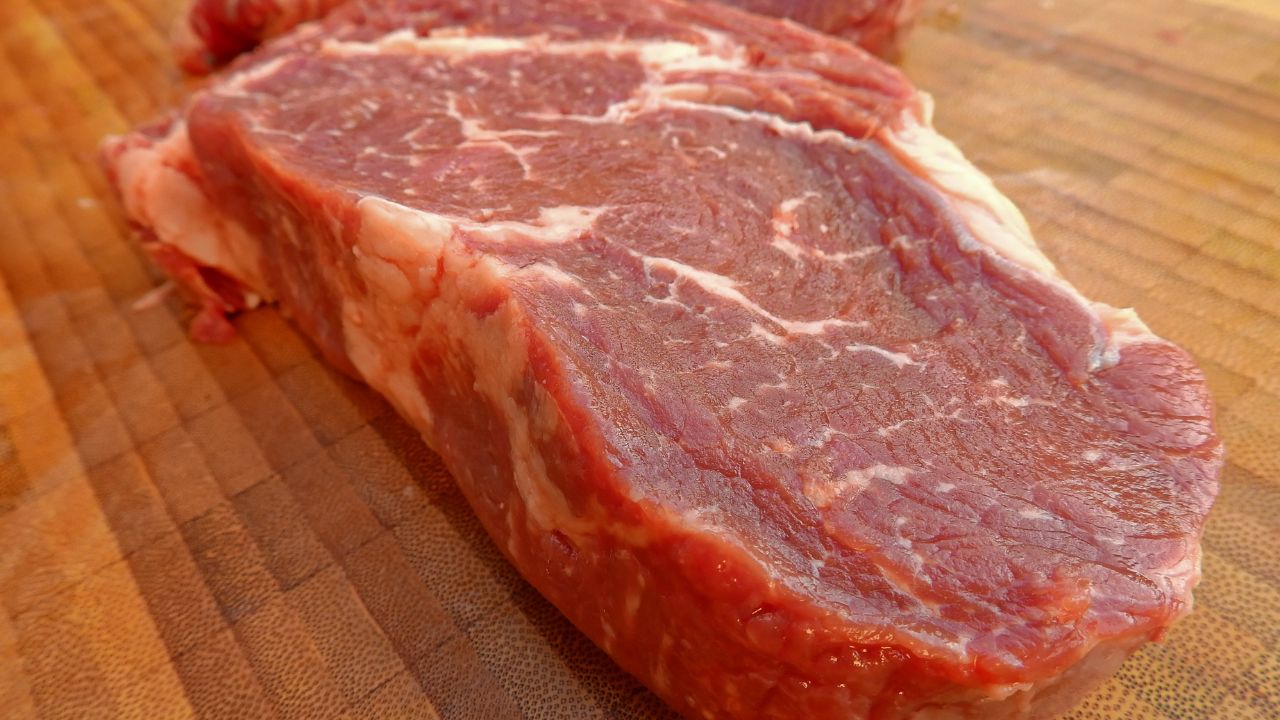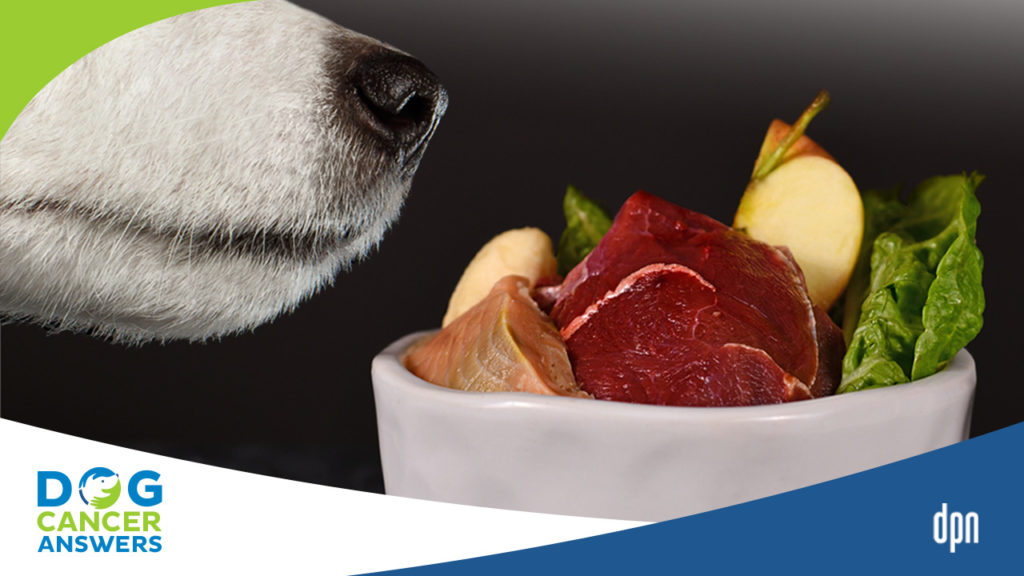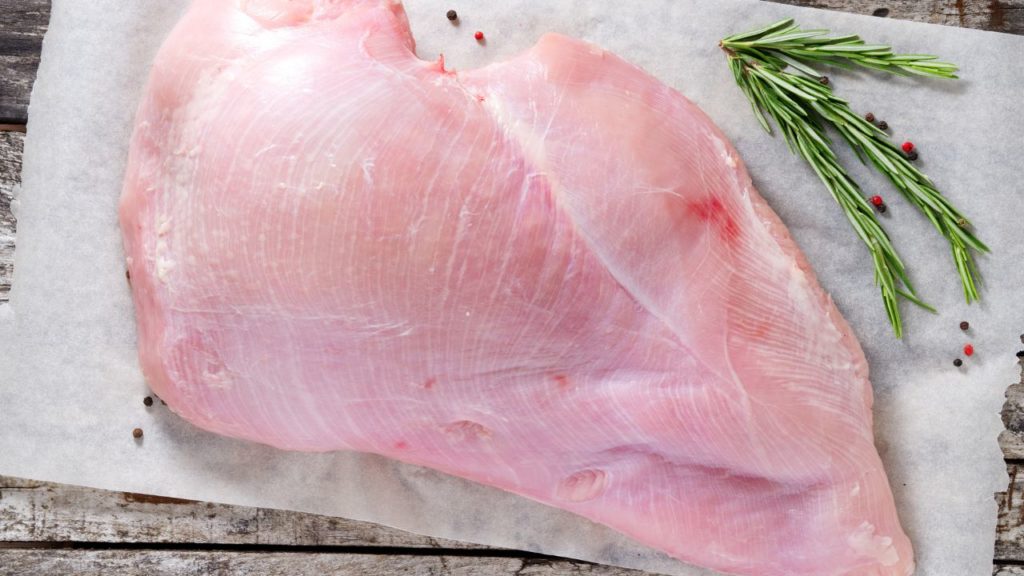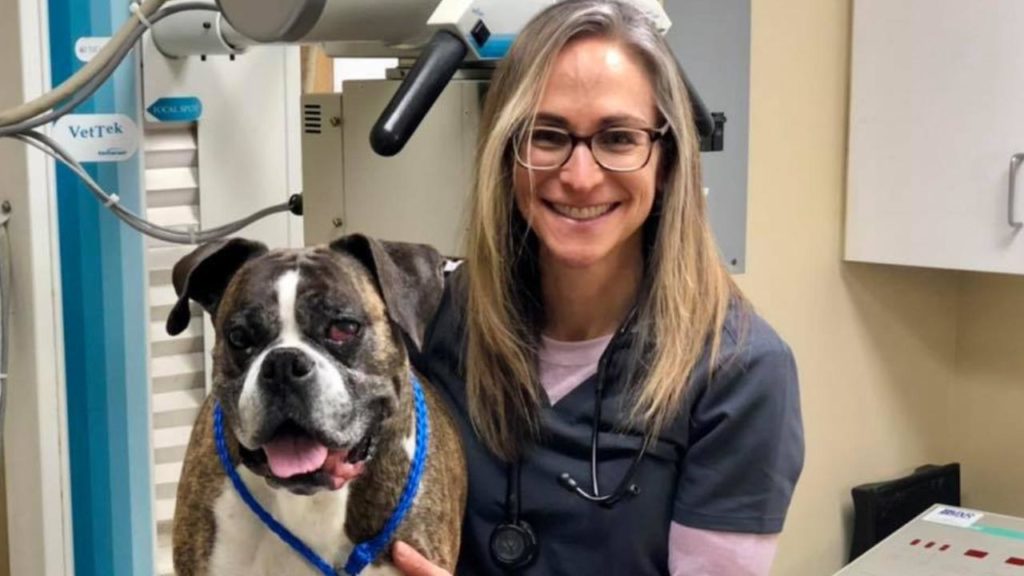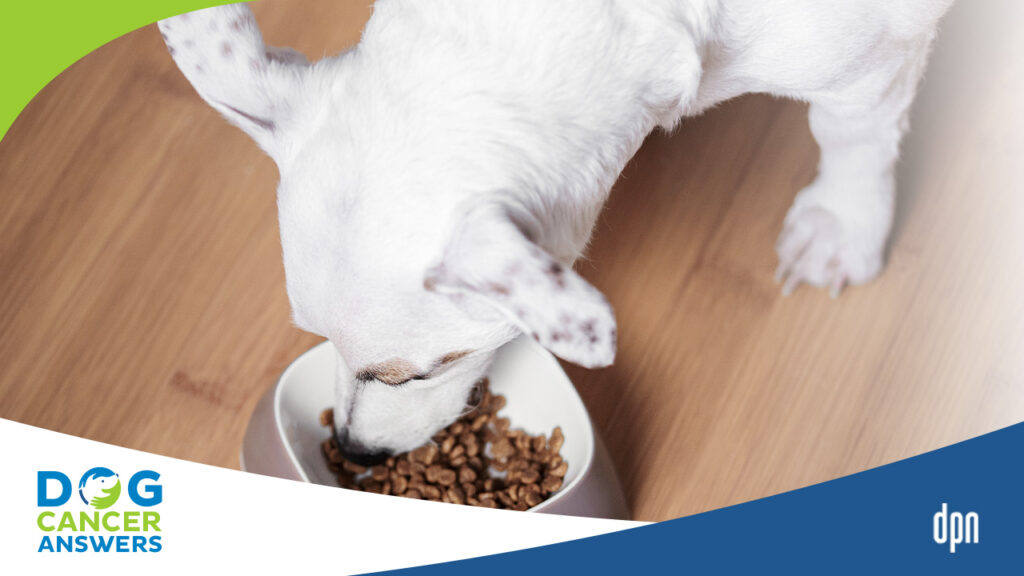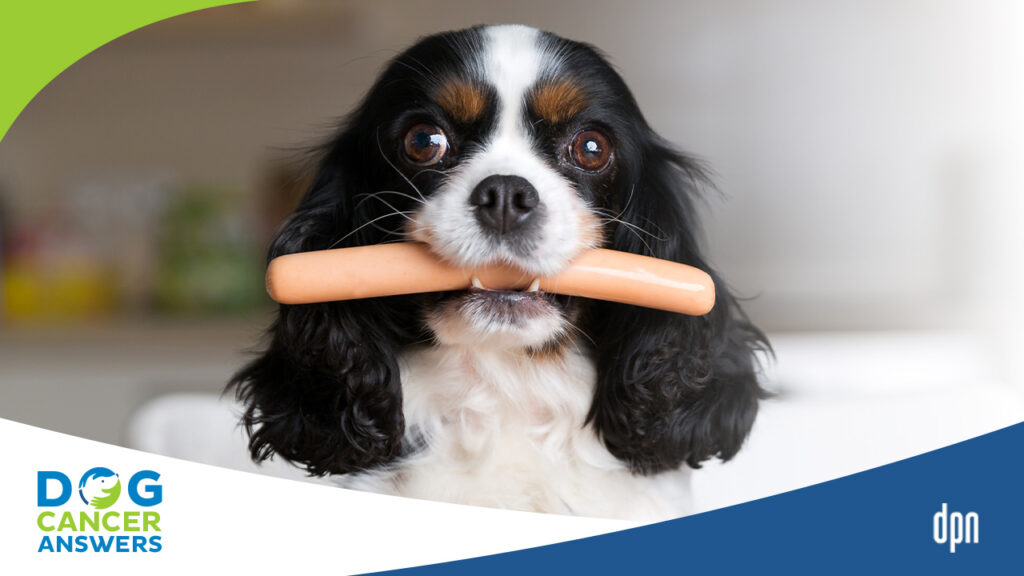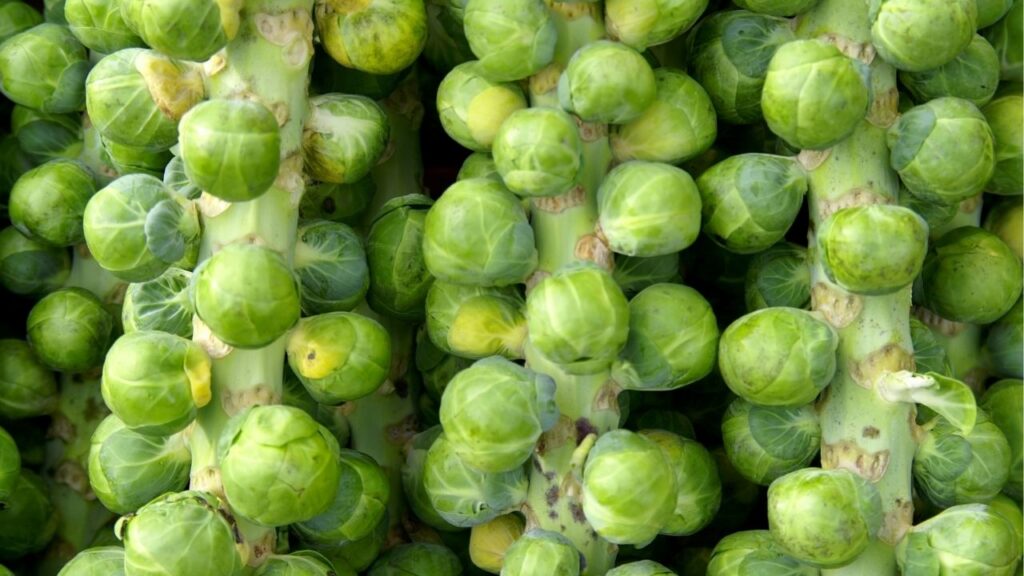Beef is a readily available protein source that, when included as part of a balanced diet, can help counteract muscle wasting and weakness in dogs with cancer. Bonus: most dogs love to eat it. In short: beef for dogs gets a green light.
Key Takeaways
- Beef is good for dogs generally. It’s a nutritious source of protein that contains all essential amino acids dogs need, plus many essential vitamins, and minerals.
- Grass-fed and grass-finished cattle are a better source of beneficial fatty acids than cattle raised on grain.
- Beef should not be the only food you give your dog, and you should fully cook it to avoid bacteria such as E. coli, Salmonella, or Listeria.
- Adequate protein in the diet may help counter some common cancer side effects in dogs, such as anemia and muscle wasting.
- As a broad guideline, you can give your dog 1/4 to 1/3 of a pound of beef per day for every 20 pounds of body weight if your dog is an adult and is not too active
Beef Is a Nutrient Dense Protein
Beef for dogs? Yes, of course. Beef is a nutritious source of protein and includes all essential amino acids for dogs, as well as many essential vitamins and minerals.2
Beef is a type of red meat obtained from cattle1 that is readily available in grocery stores and through specialty butcher shops. It can also be purchased directly from a local farmer.
Benefits of Beef for Dogs and Evidence for Why It’s a Good Food Source
Cancer changes how a dog’s body utilizes nutrients,3 including proteins.
An inadequate intake of nutrients can cause issues such as anemia (low red blood cell count),4 cachexia (muscle wasting), and generalized weakness.5 These common side effects can decrease your dog’s quality of life.
Providing adequate amounts of quality protein, such as that from meat or dairy, may help counteract some of these conditions.6 One study even showed that a low carbohydrate, high protein diet may help to slow tumor growth.7
How Much Beef to Feed Your Dog
The amount of beef to give your dog depends on many variables, and there is no one-size-fits-all amount to give to your dog.
As a very broad guideline, you can give your dog 1/4 to 1/3 of a pound of beef per day for every 20 pounds of body weight if your dog is an adult and is not too active.
When using other proteins or organ meats, as well as beef, you might need less. And if beef is your only source of meat, you might give more than this alongside vegetables and supplements.
More active dogs might need more food in general, and less active dogs need less food in general.
Formulating a diet that is balanced and healthy for your dog is rather complex, but if you are taking on the challenge and working with your veterinarian or a nutritionist, beef is often a good choice of protein.
When to Not Feed Beef
It is important to feed dogs with cancer a high-quality diet that meets all their energy and nutritional needs.6,8
While beef is an excellent protein to use, it should not be fed as the sole food source and instead may be incorporated as part of a varied and balanced diet (as long as your dog tolerates it and is not allergic). Discuss feeding options with your veterinarian to come up with the best nutritional plan for your dog.
Beef may not be an appropriate main protein source for dogs with mammary (breast) cancer as obesity and high red meat intake have both been potentially linked to the development of mammary tumors.9 If your dog has mammary cancer, especially if she is overweight, talk with your veterinarian to determine if beef is an appropriate addition to her diet.
How to Prepare Beef for Dogs
Dogs with cancer may have a compromised or weakened, immune system compared to other dogs. Raw meat can contain bacteria such as E. coli, Salmonella, or Listeria which can make your dog sick.10 Therefore all beef fed to dogs with cancer should be fully cooked.11 Freezing or freeze-drying are not sufficient to make raw diets safe.10
Preferred cooking methods are those that use low, moist heat and short cooking times.12
Where to Get Beef
Depending upon your budget and where you live, you may have many or limited choices when it comes to beef. When possible, try to source beef for dogs from grass-fed and grass-finished cattle. Meat from cattle raised on pasture is a better source of beneficial fatty acids than those raised on grain.2,12,13
Avoid meat sources that have been extensively processed or have had preservatives added.11
- Arnarson A. Beef 101: Nutrition facts and health effects. Healthline. https://www.healthline.com/nutrition/foods/beef
- Williams P. Nutritional composition of red meat. Nutrition & Dietetics. 2007, 64: S113-S119. doi: 10.1111/j.1747-0080.2007.00197.x
- Ogilvie GK, Vail DM. Nutrition and cancer. Vet Clin N Am. 1990, 20(4), 969-985. doi: 10.1016/s0195-5616(90)50080-7
- Raditic DM. Nutrition assessment in a dog with sarcoma & anemia. NAVC Clin Brief. July 2018, 53-56. https://files.brief.vet/2018-06/DID_Nutrition%20Assessment%20in%20a%20Dog%20with%20Sarcoma%20&%20Anemia.pdf
- Saker KE. Nutritional concerns for cancer, cachexia, frailty, and sarcopenia in canine and feline pets. Vet Clin N Am. 2021, 51(3), 729–744. doi: 10.1016/j.cvsm.2021.01.012
- Cruz-Jentoft AJ, Woo J. Nutritional interventions to prevent and treat frailty. Curr Opin Clin Nutr Metab Care. 2019, 22(3), 191–195. doi:10.1097/mco.0000000000000556
- Ho VW, Leung K, Hsu A, et al. A low carbohydrate, high protein diet slows tumor growth and prevents cancer initiation. Cancer Res. 2011, 71(13): 4484-4493. doi: 10.1158/0008-5472.CAN-10-3973
- Vail DM, Tham DH, Liptak JM. Supportive care for the cancer patient. Withrow and MacEwen’s Small Animal Clinical Oncology. 2020; 286-329. doi:10.1016/b978-0-323-59496-7.00016-5
- Alenza DP, Rutteman GR, Pena L, Beynen AC, Cuesta P. Relation between habitual diet and canine mammary tumors in a case-control study. J Vet Intern Med. 2008; 12(3): 132-139. doi: 10.1111/j.1939-1676.1998.tb02108.x
- Freeman LM, Chandler ML, Hamper BA, Weeth LP. Current knowledge about the risks and benefits of raw meat-based diets for dogs and cats. J Am Vet Med Assoc. 2013; 243(11). doi: 10.2460/javma.243.11.1549
- Tufts University Clinical Nutrition Team. Feeding pets with cancer. https://vetnutrition.tufts.edu/2017/08/cancer_diet/
- Gentzel JB. Does contemporary canine diet cause cancer? A review. Vet World. 2013; 6(9): 632-639. doi 10.14202/vetworld.2013.632-639
- Davis H, Magistrali A, Butler G, Stergiadis S. Nutritional benefits from fatty acids in organic and grass-fed beef. Foods. 2022; 11(5): 646. doi: 10.3390/foods11050646
Topics
Did You Find This Helpful? Share It with Your Pack!
Use the buttons to share what you learned on social media, download a PDF, print this out, or email it to your veterinarian.
